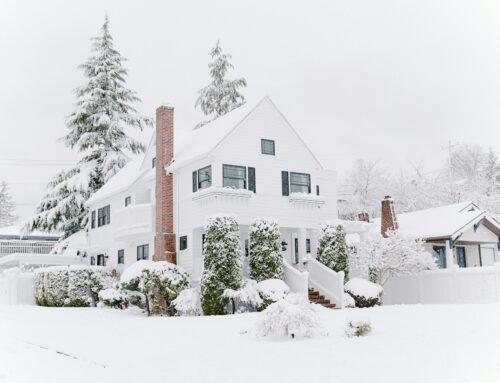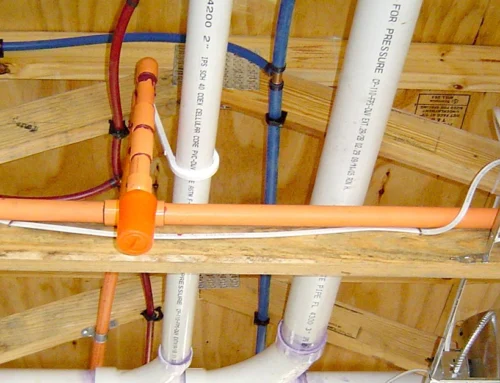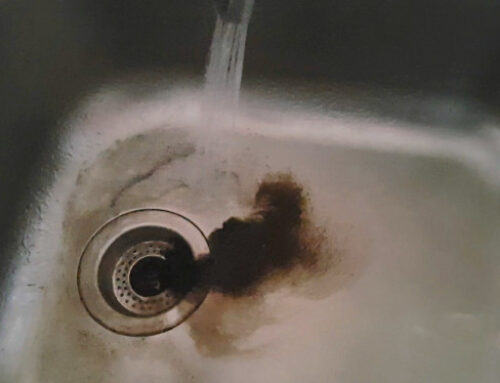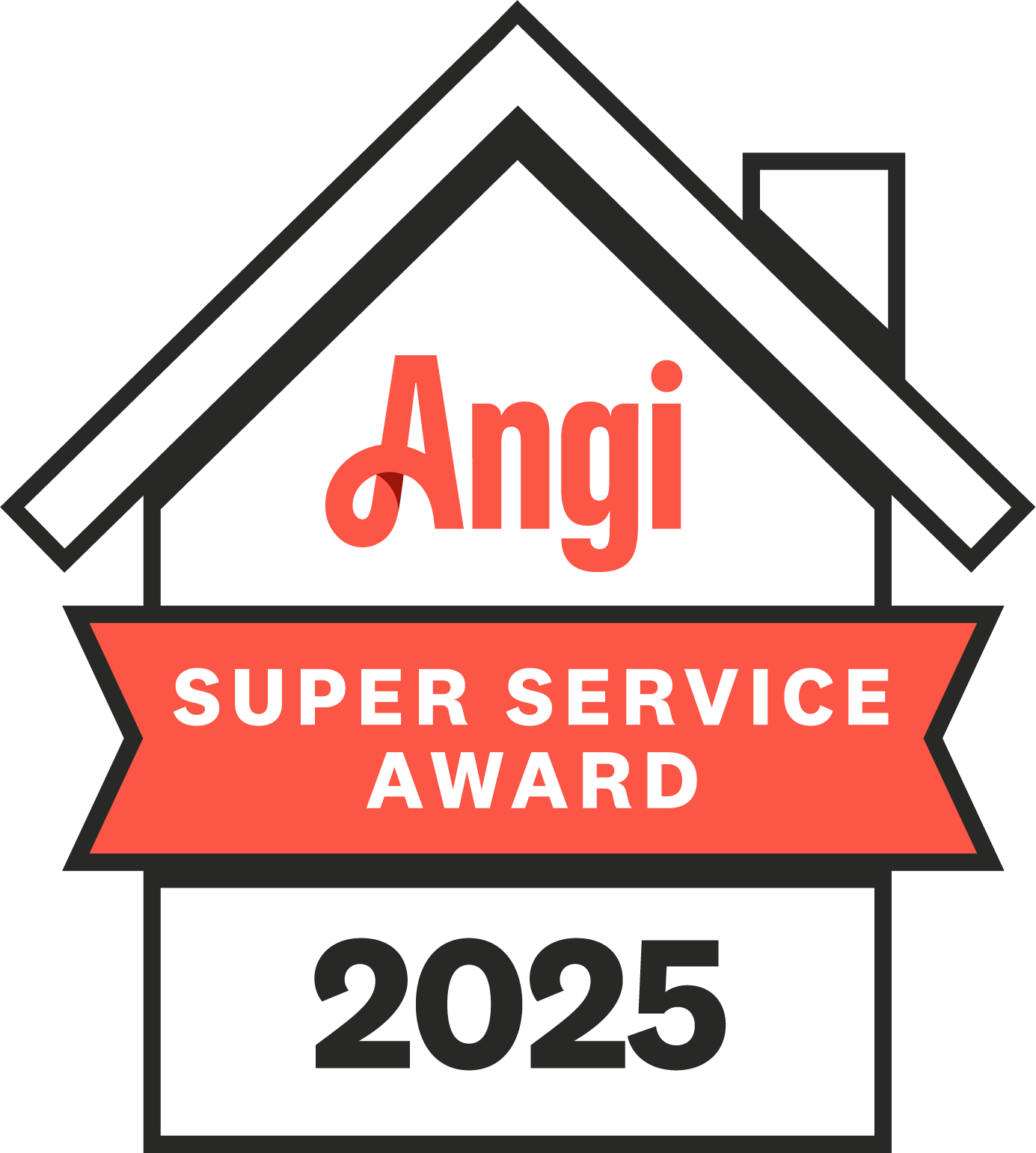As Sacramento enters the cooler months, homeowners often focus on roof maintenance or gutter clearing. Yet, one crucial area often overlooked is the home’s drainage system. Fall brings more rainfall and debris, increasing the risk of clogged drains and slow-moving water. Taking preventive steps now through proper drain cleaning can help protect your plumbing from costly backups when storms hit.
A clean and well-maintained drainage system keeps water flowing freely and prevents property damage caused by overflow or flooding. Understanding how seasonal factors affect your plumbing will help you prepare effectively before the rainy season begins.

Why Fall is the Best Time for Drain Maintenance
Fall is the perfect season to prepare your drains for increased water flow. Leaves, twigs, and debris easily wash into outdoor drains, while indoor pipes often experience buildup from grease, hair, and soap residue. When ignored, these materials form blockages that worsen during wet weather.
Scheduling drain cleaning in the fall offers several key benefits:
- Prevents water backups. Rainwater can overwhelm already constricted pipes, leading to flooding or slow drainage.
- Protects plumbing longevity. Removing buildup reduces internal pressure on pipes, preventing cracks and leaks.
- Improves drainage efficiency. Clean drains allow water to exit quickly, reducing pooling near foundations.
- Prepares for winter. Clear drains make it easier for pipes to handle temperature changes without clogging or freezing.
When performed regularly, seasonal drain cleaning keeps the plumbing system running efficiently throughout the year.
Common Causes of Drain Clogs During Fall
Understanding what causes clogs helps homeowners take proactive steps to prevent them. During the fall, both indoor and outdoor plumbing systems face increased strain from debris and temperature changes.
Here are the most common causes of fall drain clogs:
- Fallen leaves and debris. Outdoor drains and gutters often get blocked by organic material, which slows water flow and leads to overflow.
- Grease and fat buildup. Colder temperatures cause kitchen grease to solidify faster, leading to stubborn clogs in sink drains.
- Root intrusion. Tree roots seek moisture and can infiltrate underground drain lines, causing hidden blockages.
- Hair and soap residue. Indoor shower and bathroom drains accumulate buildup faster during cooler months when showers last longer.
- Improper disposal. Pouring oil, food scraps, or coffee grounds down sinks can clog pipes over time.
Simple habits such as proper waste disposal and seasonal drain cleaning reduce the likelihood of these issues. For additional guidance on reducing buildup, check this practical post about kitchen drain care.
Safe and Effective Drain Cleaning Practices
Maintaining clean drains does not always require harsh chemicals or quick DIY fixes. In fact, improper use of commercial drain cleaners can damage pipes and harm the environment. A preventive approach that includes regular maintenance and gentle cleaning techniques provides the best long-term results.
Here are some safe methods professionals recommend:
- Flushing with hot water. Running hot water through sinks weekly helps dissolve soap and grease residues before they solidify.
- Using strainers. Placing mesh drain covers prevents food scraps, hair, and debris from entering pipes.
- Cleaning pop-up stoppers. Regularly removing and rinsing sink stoppers keeps residue from accumulating underneath.
- Checking outdoor drains. Clearing leaves and dirt before rain prevents blockages that lead to standing water.
- Scheduling a professional inspection. Expert plumbers use hydro-jetting and camera inspections to identify buildup before it becomes severe.
Professional inspections are particularly valuable because they reveal issues inside the pipes that aren’t visible from the surface. This ensures your plumbing remains in optimal condition throughout the season.
The Hidden Consequences of Ignoring Drain Maintenance
Clogs rarely happen overnight. They develop slowly as residue, debris, and grease collect along pipe walls. When left untreated, these blockages can cause significant property and plumbing damage.
Consequences of neglecting drain maintenance include:
- Water backup and flooding. Blocked drains prevent proper flow, leading to overflows that damage flooring and walls.
- Foul odors. Trapped organic matter decomposes inside pipes, creating unpleasant smells that spread through the home.
- Pipe corrosion. Standing water and waste buildup accelerate corrosion, weakening your plumbing system.
- Health risks. Mold growth and bacteria can develop in stagnant water caused by poor drainage.
- Costly repairs. Severe clogs may require pipe replacement or professional excavation.
Ignoring these warning signs can lead to major disruptions, especially during periods of heavy rainfall. If you notice recurring clogs, slow drains, or gurgling sounds, it may be time to contact a licensed plumber. Learn more about identifying early warning signs from this helpful discussion on plumbing issues to watch.
When to Call a Professional Plumber for Help
While minor clogs may appear manageable, recurring or widespread drainage problems require expert evaluation. A professional plumber has the tools and training to detect blockages deep within the system and address them without damaging the pipes.
You should call for professional drain cleaning if you experience any of the following:
- Multiple drains clogging at once. This could indicate a blockage in the main sewer line.
- Persistent odors or slow drainage. These signs point to trapped organic matter or partial blockages.
- Water backing up after rainfall. Heavy storms often reveal hidden issues in exterior drains or yard systems.
- Gurgling noises. Air pockets caused by obstructions can create unusual sounds inside pipes.
- Frequent use of plungers or chemical cleaners. Over-reliance on temporary fixes usually means a deeper issue.
Professional plumbers use advanced equipment such as hydro-jetting and drain cameras to clear blockages completely and prevent them from returning. Their approach is both safer and more effective than chemical-based or mechanical DIY methods.
Keep Your Drains Flowing Smoothly This Fall
A clean drainage system is essential to keeping your property safe and comfortable during the rainy season. Regular maintenance not only prevents backups but also protects your plumbing from long-term wear. With expert inspection and timely service, you can avoid costly repairs and enjoy peace of mind knowing your system is ready for any storm.
For trusted seasonal maintenance and professional drain cleaning, contact New Flow Plumbing to schedule a thorough inspection and keep your drains performing at their best all year long.











